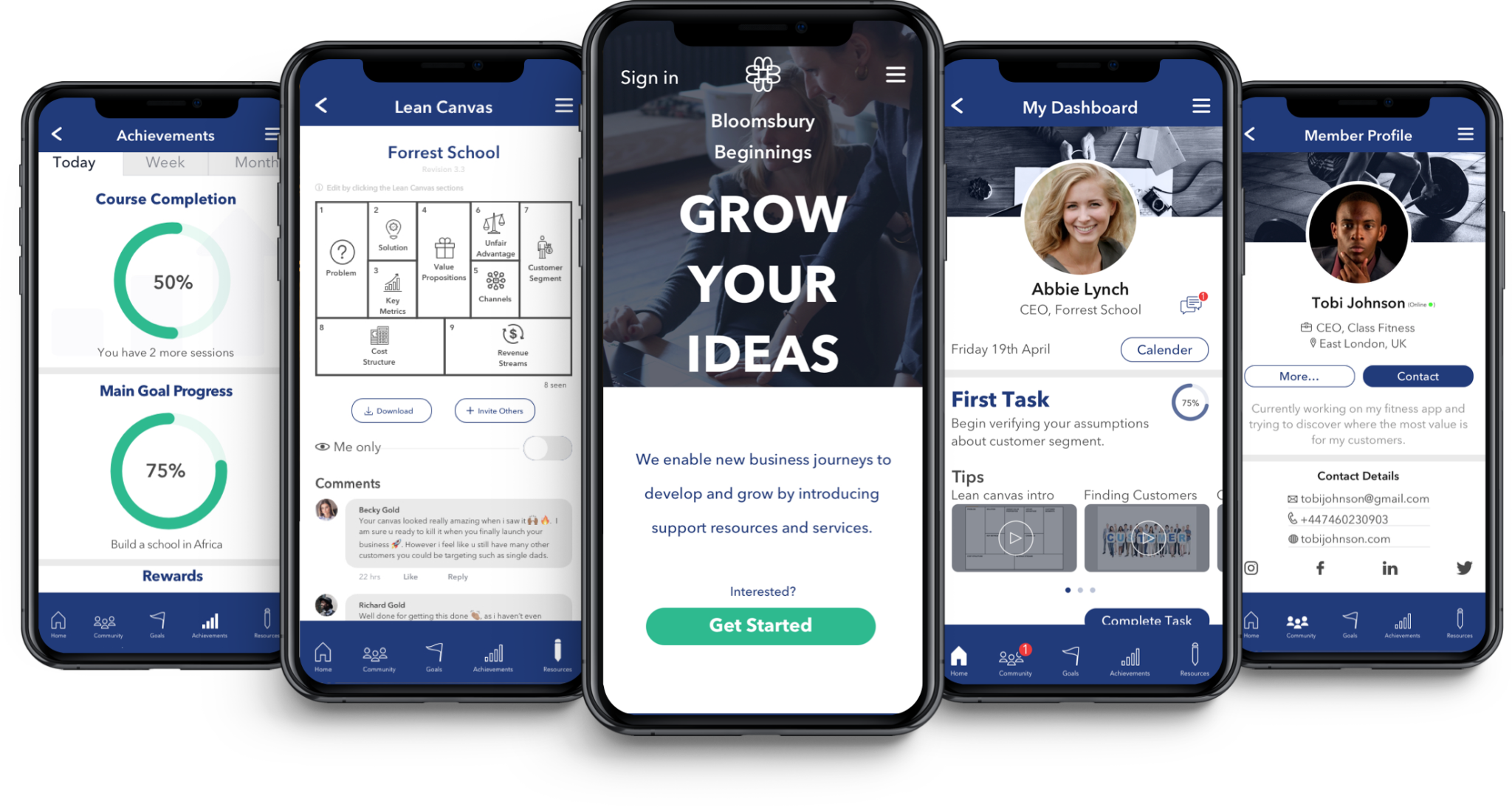Introduction: Mobile applications have become an essential part of our daily lives in today’s technologically advanced society. These tools streamline our jobs and improve our overall experience, from placing food orders to handling banking. The creation and improvement of mobile applications are essential for providing a seamless user experience in the information technology (IT) sector. In this post, we’ll examine the role that mobile applications play in the IT industry and examine the elements that go into designing user-centered, SEO-friendly applications.
The Significance of Mobile Applications in IT
Accessibility and Convenience: Mobile applications provide a level of accessibility that traditional websites cannot match. Users can access information and services with a single tap on their smartphones, eliminating the need for cumbersome navigation through web browsers. This accessibility is especially crucial in the IT industry, where timely information and services are often critical.
Enhanced User Engagement: Mobile applications offer an interactive and engaging user interface. They can include features such as push notifications, in-app messaging, and gamification elements, all of which contribute to increased user engagement. IT companies can leverage these features to keep users informed about updates, troubleshoot issues, and gather valuable feedback.
Personalization: Mobile apps allow for a high degree of personalization. By collecting user data and preferences, IT businesses can tailor content and services to individual needs. This personalization not only enhances the user experience but also strengthens brand loyalty.
User Experience and Its Impact on Mobile Applications
Intuitive Design: The foundation of a great user experience is an intuitive and user-friendly design. Mobile applications should be easy to navigate, with clear and concise menus. Intuitive design reduces user frustration and encourages longer app usage.
Performance: Users have little tolerance for slow or buggy apps. Performance optimization is crucial in the IT industry, where efficiency is paramount. Developers must ensure that mobile applications load quickly, respond promptly, and function seamlessly across different devices and platforms.
Content Quality: Content is king, even in the realm of mobile applications. High-quality, informative, and engaging content not only attracts users but also keeps them coming back. IT companies should focus on creating valuable content that addresses user needs and concerns.
Security: Security is a top priority in the IT industry. Mobile applications must guarantee the safety of user data and transactions. Regular security updates and robust encryption protocols are essential to building trust with users.
SEO Optimization for Mobile Applications
Keyword Research: Just as with websites, keyword research is essential for optimizing mobile applications for search engines. Identify relevant keywords that potential users might use to find your app and incorporate them into your app’s metadata, description, and content.
Optimized App Store Listings: Your app’s presence on app stores like Apple App Store and Google Play is crucial. Craft a compelling app title and description that not only inform users but also include relevant keywords. High-quality app icons and screenshots can also help attract more users.
User Reviews and Ratings: Positive user reviews and high ratings can boost your app’s visibility in app stores. Encourage satisfied users to leave reviews and address negative feedback promptly and professionally.
Regular Updates: Keeping your app up-to-date with new features and improvements not only pleases users but also demonstrates your commitment to providing a top-notch user experience. App store algorithms often favor apps with regular updates.
Conclusion
In the ever-evolving IT industry, mobile applications are indispensable tools for delivering information, services, and user experiences. Creating user-centric, SEO-optimized mobile applications is not only a competitive advantage but also a necessity for success. By focusing on accessibility, engagement, personalization, and optimization, IT companies can ensure that their mobile applications not only meet user expectations but also excel in the digital landscape. Mobile applications are the future of the IT industry, and their role in shaping user experiences cannot be overstated.
What is the role of mobile applications in the IT industry, and why are they important for businesses?
Mobile applications in the IT industry serve as a means to deliver information, services, and solutions directly to users’ smartphones. They are important because they provide accessibility, enhance user engagement, and contribute to a seamless user experience, ultimately benefiting businesses by expanding their reach and improving customer satisfaction.
What are the key elements of a user-friendly mobile application in the IT sector?
A user-friendly mobile application in the IT sector should have an intuitive design, high performance, quality content, and robust security measures. These elements ensure that users can easily navigate the app, trust its reliability, and find valuable information or services.
How can mobile applications be optimized for search engines (SEO) in the IT industry?
Mobile applications can be optimized for SEO by conducting keyword research and strategically integrating relevant keywords into the app’s metadata, description, and content. Additionally, optimizing app store listings, encouraging positive user reviews, and maintaining regular updates can improve an app’s visibility in app stores and search engine results.
What are the security considerations when developing mobile applications for the IT industry?
Security is a critical concern in the IT industry. When developing mobile applications, businesses should prioritize data security and user privacy. This involves implementing encryption protocols, regularly updating security features, and ensuring that user data is protected from potential threats or breaches.
How can personalization be effectively implemented in mobile applications in the IT sector?
Personalization in mobile applications can be achieved by collecting user data and preferences and using this information to tailor the app’s content and services to individual users. This might involve offering customized recommendations, content filters, or user-specific notifications to enhance the overall user experience.


